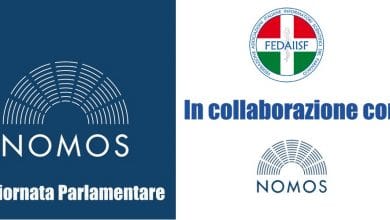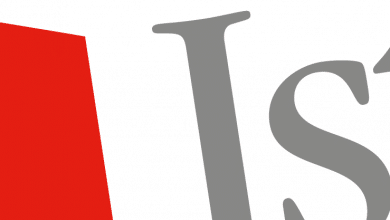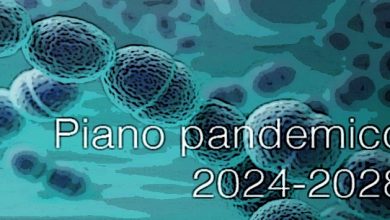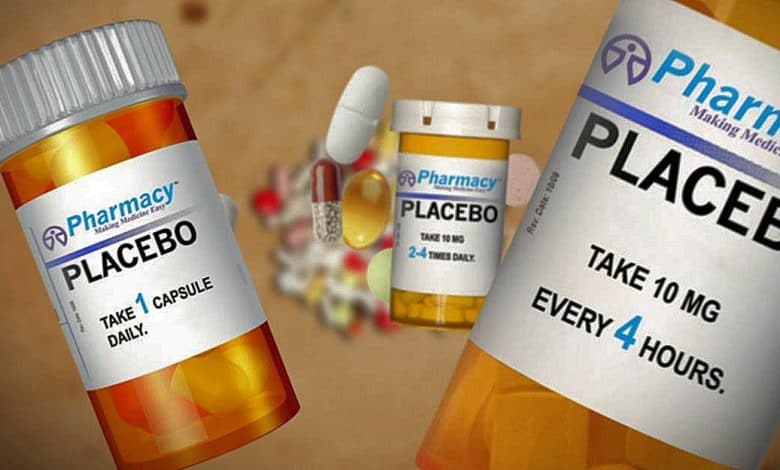
A phenomenon that reveals interesting scenarios on the relationship between mind and body when we get sick and reaffirms the importance of a confident attitude
We have all heard of the effect at least once placebo, but perhaps we are not quite clear what it consists of. In May, the new edition of The placebo effect (Carocci) by Fabrizio Benedetti, full professor of Neurophysiology at the University of Turin. We talked to him about it to understand something more.
The Latin term placebo literally means I will like and indicated the pharmaceutical preparation based on a pharmacologically inert substance that doctors prescribed for calm the anxiety of some patients, thanks to the psychological effects of autosuggestion.
It then moved on to indicate therapies with inactive drugs administered in trials to verify the efficacy of the drugs.
In fact, since the beginning of the twentieth century, two groups have been created to understand if a medicine works. One receives a real therapy, the second, one identical in shape, but without the molecules to be tested. This second is called precisely placebo. The fact that sometimes those who receive the ineffective pill claim to feel better has prompted researchers to try to understand why this happens.
The placebo effect can be described as «the response that occurs following the administration of a sham therapy. What matters is obviously not the mock therapy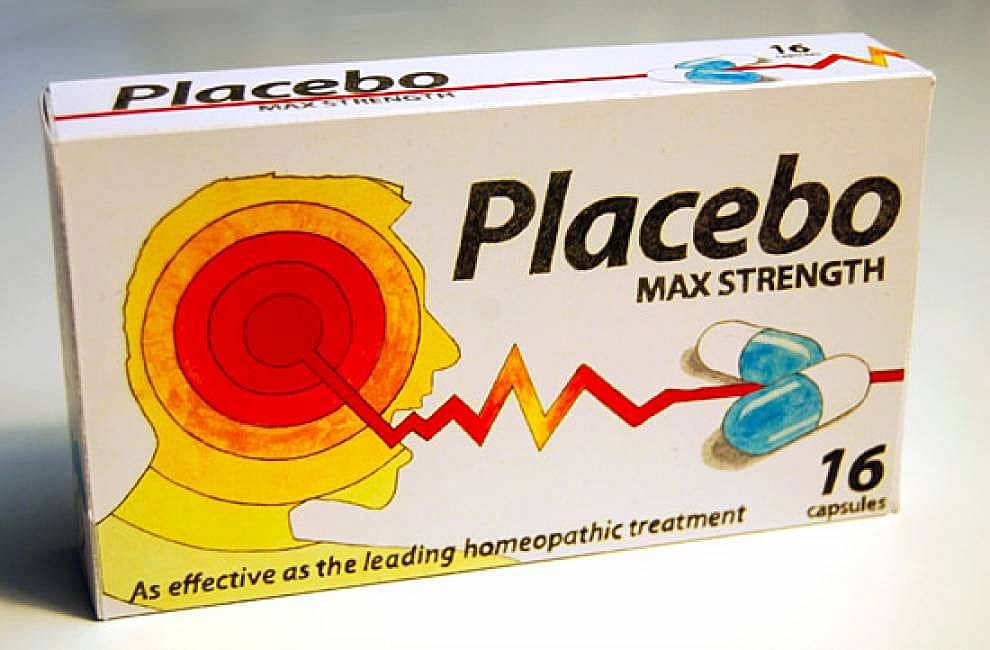 in itself, as much as what is told to the patient, that is, that there will soon be a clinical improvement. This induces benefit expectations that activate different mechanisms in your brain» explains Benedetti.
in itself, as much as what is told to the patient, that is, that there will soon be a clinical improvement. This induces benefit expectations that activate different mechanisms in your brain» explains Benedetti.
Many will have happened to notice how much a positive attitude can influence the course of a pathology. It is right to underline the term improve because currently, thanks to the placebo effect alone, «a total cure has never been demonstrated. The placebo effect has mainly been studied on symptoms such as pain».
In addition to expectations, the ability to communicate of the doctor or of the one to whom one entrusts oneself to heal also acquires importance. Because somehow if your doctor communicates effectively you have a better chance of healing. «Increase the expectations of the patient, his hopes, his trust, improves the response to therapies», adds Benedetti. In this it seems that alternative doctors have an edge because they spend more time listening to patients' problems.
The placebo effect undoubtedly has useful implications. If we were more aware of this, we could perhaps reduce the use of drugs for milder pathologies. Also because today «the use of medicines is excessive. WHO estimates that there are around 430 truly essential medicines. The rest (ie tens of thousands) are useless or duplicated in different formulations», says the expert.
It is natural to wonder if the healing power is in the drugs or in our expectations. «The healing power is in both: their action is in parallel. However, certainly the psychological component is often crucial. Not believing in a drug, or not knowing you are receiving it, reduces its effectiveness".
Scientific interest in the placebo is increasing. Today we therefore have more information on this mechanism involving mind and body. The pathologies studied in which it is involved are many. Among these are pain, psychiatric ones, those of the immune system, the hormonal system and the digestive system. But be careful: «there is no study that demonstrates that a placebo produces the arrest or regression of a tumor» explains the professor.
Finally, it is interesting to note that the placebo effect continues even when one is aware of its existence. «A small unconscious component is always present. This leads to an improvement even if the patient knows it's all fake. It's a bit like when you watch a horror movie: you know it's all fake, yet fear and an increase in heart rate are produced in our body», concludes Benedetti.
READ ALSO
Cancer, "cure" with alternative therapies doubles the risk of death
Related news: Homeopathy is a reality and supports health
How does the placebo effect work? Find the responsible neurons
Nocebo effects can increase adverse events
FNOMCeO. Does homeopathy have scientifically proven effects?

